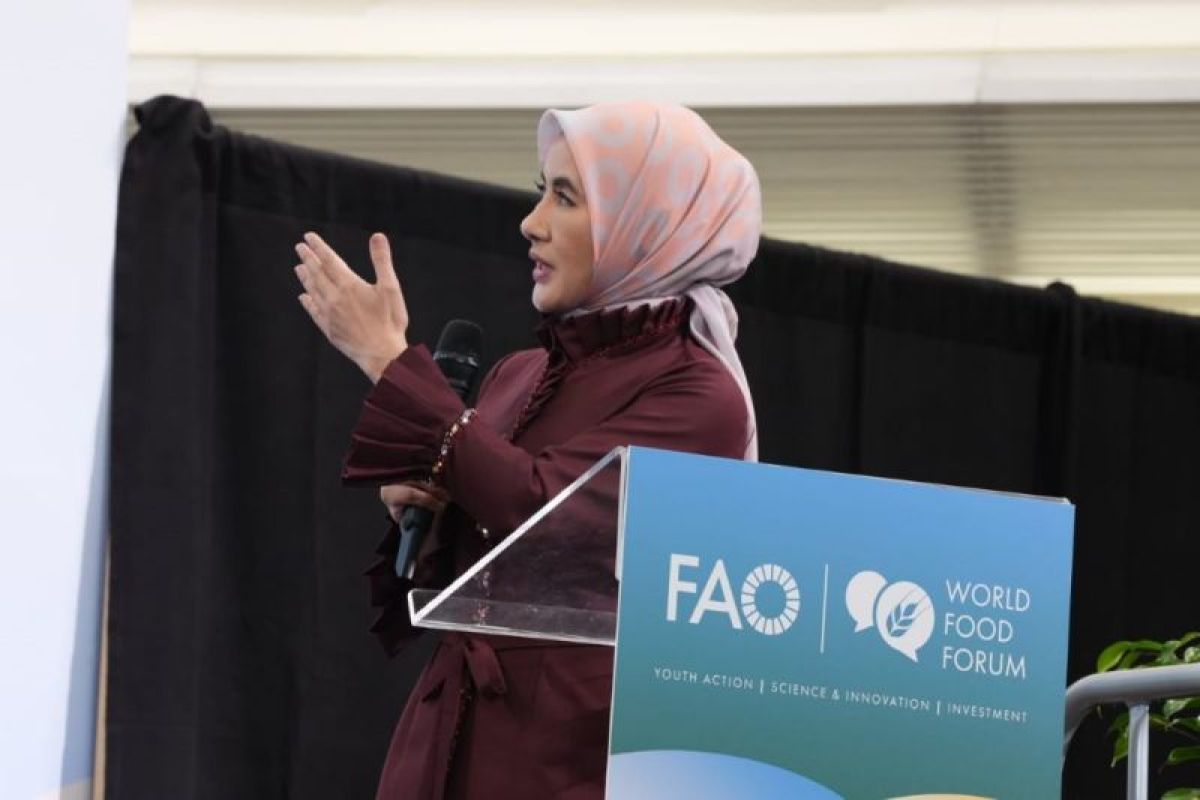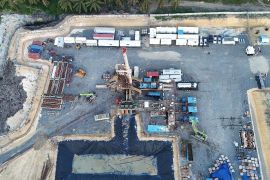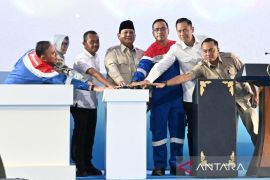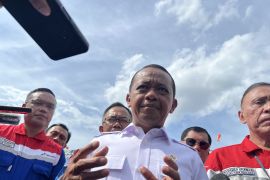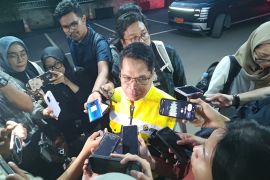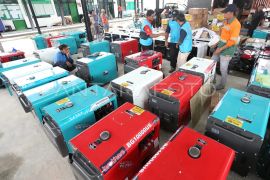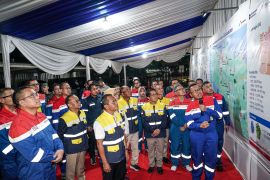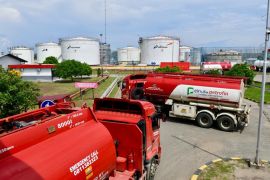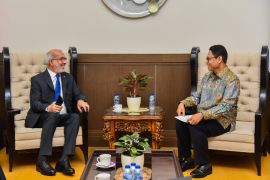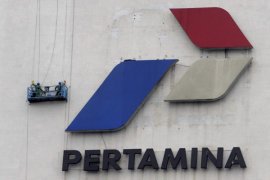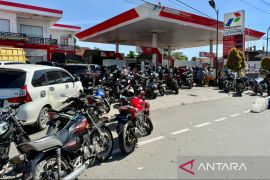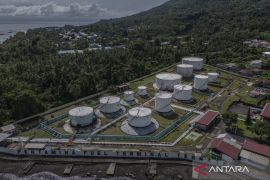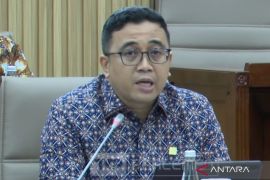Widyawati conveyed this at the Food and Agriculture Organization (FAO) Science and Innovation Forum, which is part of the World Food Forum 2023 in Rome, Italy, Thursday (Oct 19).
Widyawati noted through a statement received in Jakarta on Saturday that Indonesia has vast potential, with domestic resources to be used as energy, including the use of food to produce bioenergy.
"Pertamina has an environmentally friendly business roadmap, one of which is the implementation of biofuel. Biofuel is one of the keys to decarbonization in the transportation sector," she remarked.
Pertamina cited the example that currently, the use biofuel sourced from palm oil, or B35, has been proven successful in reducing the imports of fuel oil, especially diesel, and increasing the use of renewable energy and at the same time reducing emissions.
"It is estimated that in 2022 alone, it could reduce emissions by the equivalent of 28 million tons of CO2," Widyawati remarked.
She also explained that bioenergy in Indonesia will not interfere with food security because essentially, leftovers or dregs from vegetable sources had been processed into energy.
"We have to guarantee that efforts to achieve energy security can also be in line with efforts to achieve food security, and nothing should be disrupted," she stated.
Related news: President urges cabinet to maintain food, energy resilience: minister
On the occasion, Widyawati also drew attention to the energy trilemma of energy security, energy sustainability, and energy affordability that Indonesia, including Pertamina, must face.
"Currently, energy security is a priority for Indonesia, but at the same time, we also do not forget about energy affordability and sustainability," she stressed.
Hence, she deemed it important to conduct energy transition by using domestic natural resources to reduce carbon emissions and also bring energy independence and security to Indonesia.
Meanwhile, regarding potential in the energy sector, Indonesia has the opportunity to be an important part of supporting energy security, where the country is one of the largest producers of nickel and bauxite worldwide that are materials required for the development of electric vehicle (EV) batteries.
Indonesia also has new and renewable energy potential starting from nature-based solutions and carbon capture utilization and storage (CCUS).
Pertamina is committed to supporting the Indonesian government's commitment to achieving net zero emissions (NZE) by 2060 or sooner by developing a road map for asset decarbonization, building environmentally friendly businesses, and developing carbon offset projects.
Related news: Pertamina aiming to become sustainability-driven energy player
Related news: Pertamina to ensure social, environmental sustainability to reduce GHG
Translator: Benardy Ferdiansyah, Cindy Frishanti Octavia
Editor: Yuni Arisandy Sinaga
Copyright © ANTARA 2023
